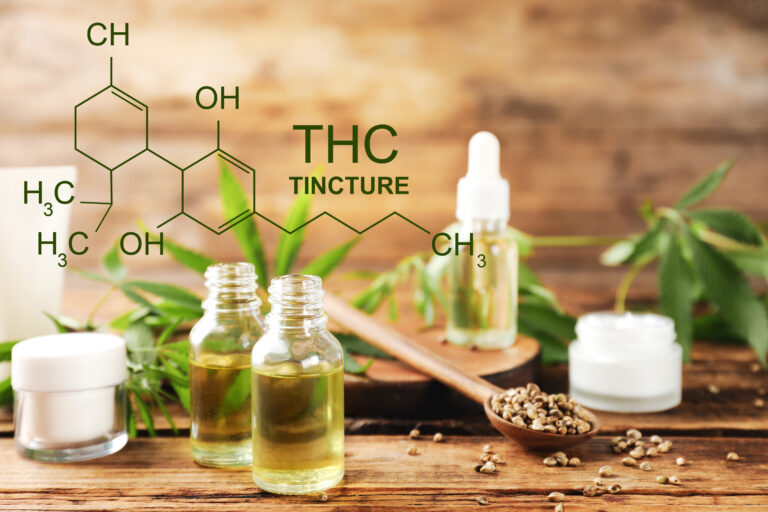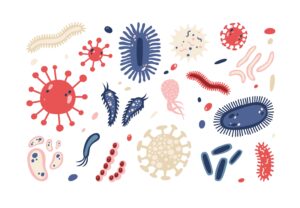Across the U.S. and Canada, cannabis manufacturers and dispensaries are facing recalls and lawsuits due to mislabeling of THC, such as:
- Minnesota: The state filed a lawsuit against several companies alleging that their edible cannabinoid products contained quantities of THC that surpassed state-allowed amounts.
- California: Class action suits have been filed against multiple companies for inaccurate labels which state a higher THC content than actually in the product.
- Oregon: A multistate cannabis operator paid $100,000 to settle a class-action lawsuit related to an ingredient mix-up resulting in drops containing THC being labeled only for CBD.
- New York: A medical cannabis company recalled tens of thousands of units of cannabis after it switched to an unapproved method of labeling product potency without approval from state regulators.
- Canada: Health Canada issued a public advisory on edible cannabis products containing more than the allowable limit of THC. Health Canada refers cases of illegal edible products to law enforcement for follow-up.
Whether a cannabis label errs on the side of more or less THC than is actually in the product, it is considered mislabeled and adulterated or fraudulent, with both being at issue.
- Overrepresenting the amount of THC is defrauding and generally overcharging consumers who rightfully expect the THC content and “high” to be as expected by the labeled amount.
- Underrepresenting the amount of THC can cause issues for consumers who may intake more than they think they are based on the labeled content.
- Labeling a product as having a lower amount of THC can also mean the product actually surpasses the legal limit, causing further issues for both the provider and the consumer.
- Mislabeling can be a particular issue for medical marijuana, for which precise amounts may be prescribed for particular conditions.
A similar issue lies with CBD. As discussed in an FDA presentation, a small sampling of retail CBD products showed extensive variability between CBD content and the product label claims. Several of the products contained no CBD at all, while others had significantly more than was labeled (up to 23 times the labeled amount). Additionally, one product contained only THC, some exceeded the 0.3% limit on THC, and a number had no label claim at all.
The FDA conclusion: “The public demand and potential abuses in this unique market sector warrant special attention to regulation of such products, in terms of label claim restrictions, cGMP enforcement and monitoring for potential adulterants.”
FDA recently signaled to Congress that a new regulatory pathway is needed, stating that the existing regulatory frameworks for foods and supplements are not appropriate for the regulation of CBD products – and the agency has long prohibited THC edibles on the federal level, largely leaving all such governance to the states. But mislabeling of products is an issue that crosses state and country borders as the opening examples of this article show. Not only is it considered to be fraudulent advertising, mislabeling causes consumer distrust and leads to recalls or even lawsuits for the manufacturer.





